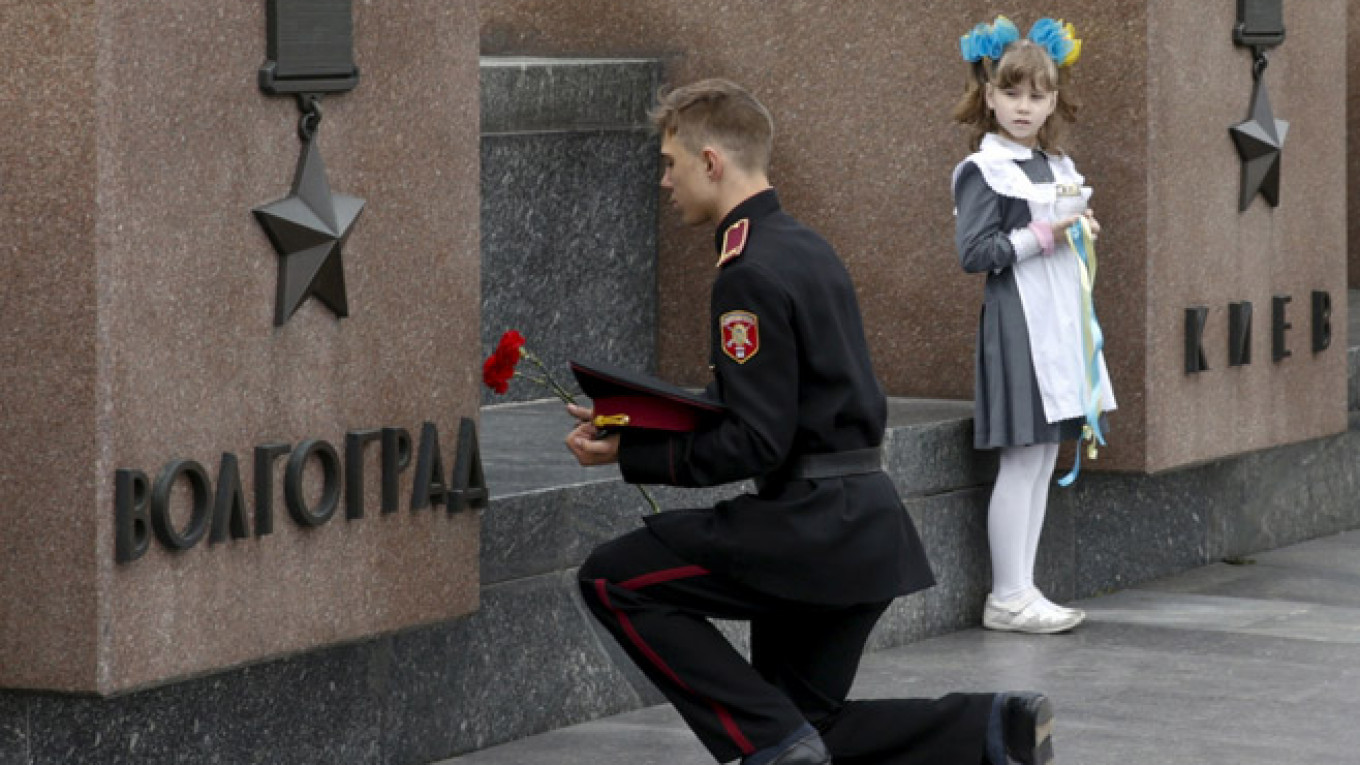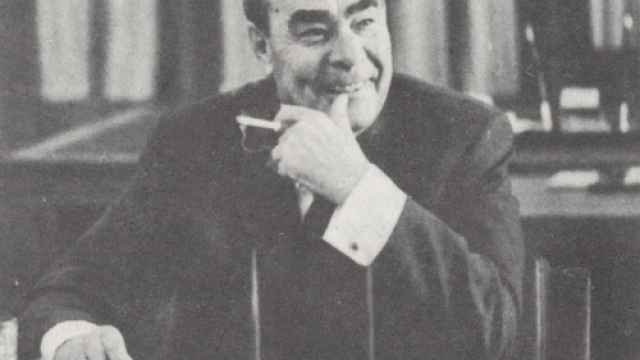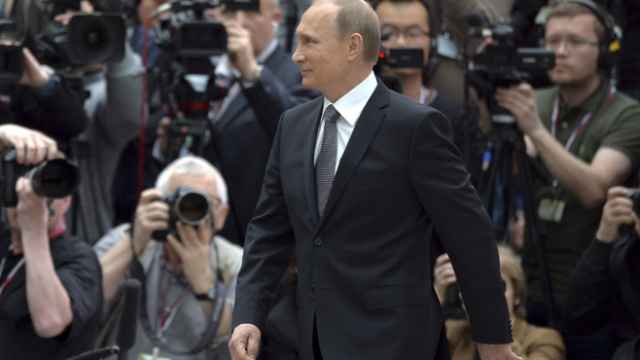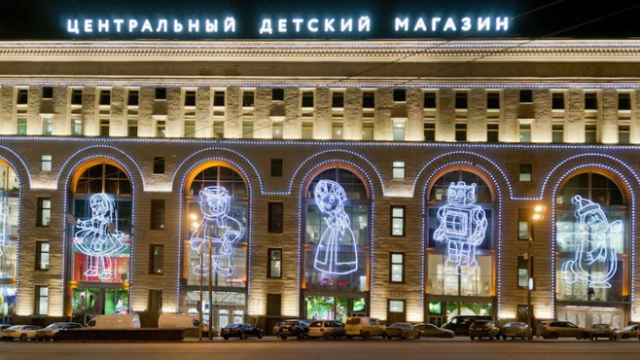I once took a hiatus from journalism to open a media-related business: a newspaper consisting entirely of classified ads. The newspaper was doing so well that it came as no surprise when, at the height of the boom years in 2007, raiders took an interest in it.
These were people working for organized crime who specialized in gaining control of profitable businesses of all sizes. The ensuing battle played out on all fronts — in the courts and in the offices of municipal officials and the local prosecutor. My enemies also bribed officials to conduct an "inspection" of my business, officials who at one point even searched my personal office. It was an unpleasant situation, and I even had to hire private armed guards.
I recalled this story after reading that Ukrainian forces captured two fighters from the GRU, the foreign military intelligence branch of Russia's army. Ivan (Vanya), my personal bodyguard who was by my side for seven months when I had that business, was also from the GRU.
He was born near Grozny and spent his childhood in a village that, aside from its Russian minority, was half Cossack and half Chechen. I asked Vanya how the two groups got along. "Without any problems, really," he said, shrugging his shoulders. "They respected each other."
Long before Ivan's birth, when former Soviet leader Josef Stalin conducted a mass deportation of the Chechen people, Ivan's grandmother hid a neighboring Chechen boy from the authorities and raised him in her home. For some years, the boy passed himself off as Kazakh. And then, when former Soviet leader Nikita Khrushchev issued an amnesty for the Chechen people, the boy's real family returned.
In 1991, when the Chechen people wanted independence but Moscow refused to give it to them, they began expelling Russians. His family relocated to a different region of Russia where he was inducted into the army.
He was deployed to practically the same place where he had spent his childhood and where the war was raging. I asked if he had shot any Chechens, but his only answer was silence. Later, he recognized one of our drivers as the former district policeman from his hometown. That Chechen man had left his job and his family, settled in the Moscow region, married a Russian woman and taken her last name, Spitsyn.
I watched how nearly every day the two men played checkers and reminisced about their hometown — and this despite the fact that Russian soldiers had killed half of that pseudo-Spitsyn's relatives in 1995-96. Could Vanya have been one of them?
They sat playing checkers, peaceful people during a time of peace. But history has repeatedly made their people enemies. Could history once again compel the two men to shoot at each other? Unfortunately, yes.
In his book "Cossacks," Leo Tolstoy wrote of the Terek Cossacks of the North Caucasus. "Long, long ago their Old Believer ancestors fled from Russia and settled beyond the Terek among the Chechens on the Greben, the first range of wooded mountains of Chechnya," he wrote.
"Living among the Chechens the Cossacks intermarried with them and adopted their customs though they still retained the Russian language, as well as their Old Faith. A Cossack is inclined to hate less the local hillsman who maybe has killed his brother than the soldier quartered on him to defend his village, but who has defiled his hut with tobacco smoke. He respects his enemy the hillsman and despises the soldier, who is in his eyes an alien and an oppressor."
That's history for you. Friends become enemies and enemies become friends, but people remain people. Russians and Ukrainians both now declare that they will never share close relations again. But they are too quick in saying "never." Everything might still change.
Andrei Malgin is a journalist, literary critic and blogger.
A Message from The Moscow Times:
Dear readers,
We are facing unprecedented challenges. Russia's Prosecutor General's Office has designated The Moscow Times as an "undesirable" organization, criminalizing our work and putting our staff at risk of prosecution. This follows our earlier unjust labeling as a "foreign agent."
These actions are direct attempts to silence independent journalism in Russia. The authorities claim our work "discredits the decisions of the Russian leadership." We see things differently: we strive to provide accurate, unbiased reporting on Russia.
We, the journalists of The Moscow Times, refuse to be silenced. But to continue our work, we need your help.
Your support, no matter how small, makes a world of difference. If you can, please support us monthly starting from just $2. It's quick to set up, and every contribution makes a significant impact.
By supporting The Moscow Times, you're defending open, independent journalism in the face of repression. Thank you for standing with us.
Remind me later.






